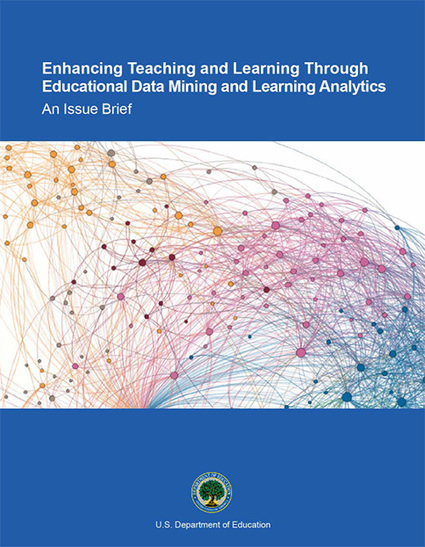The purpose of The Science of Learning is to summarize the existing research from cognitive science related to how students learn, and connect this research to its practical implications for teaching and learning. This document is intended to serve as a resource to teacher-educators, new teachers, and anyone in the education profession who is interested in our best scientific understanding of how learning takes place.
This document identifies six key questions about learning that should be relevant to nearly every educator. Deans for Impact believes that, as part of their preparation, every teacher-candidate should grapple with — and be able to answer — the questions in The Science of Learning. Their answers should be informed and guided by the existing scientific consensus around basic cognitive principles. And all educators, including new teachers, should be able to connect these principles to their practical implications for the classroom (or wherever teaching and learning take place).
The Science of Learning was developed by member deans of Deans for Impact in close collaboration with Dan Willingham, a cognitive scientist at the University of Virginia, and Paul Bruno, a former middle-school science teacher. We are greatly indebted to the reviewers who provided thoughtful feedback and comments on early drafts, including cognitive scientists, teacher-educators, practicing teachers, and many others.
The Science of Learning does not encompass everything that new teachers should know or be able to do, but we believe it is part of an important — and evidence-based — core of what educators should know about learning. Because our scientific understanding is ever evolving, we expect to periodically revise. The Science of Learning to reflect new insights into cognition and learning. We hope that teachers, teacher-educators, and others will conduct additional research and gather evidence related to the translation of these scientific principles to practice.
Via Miloš Bajčetić, Edumorfosis



 Your new post is loading...
Your new post is loading...








añada su visión ...